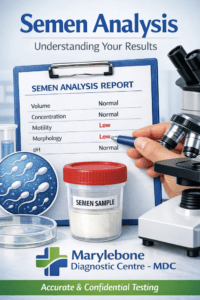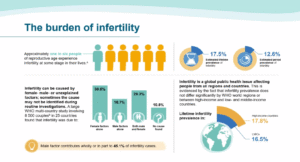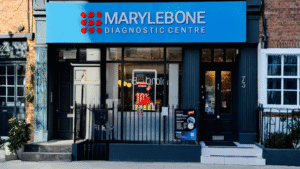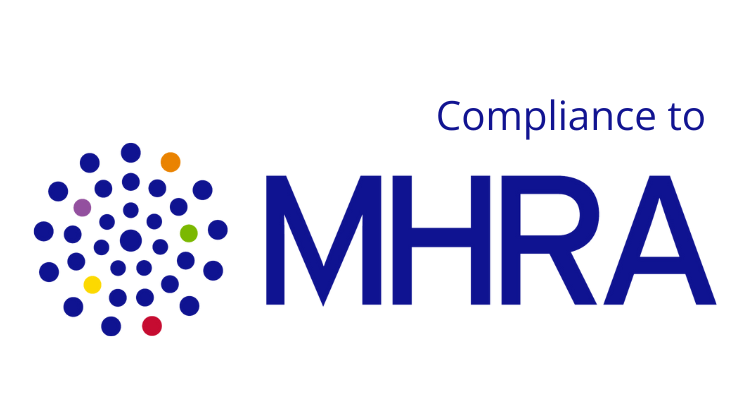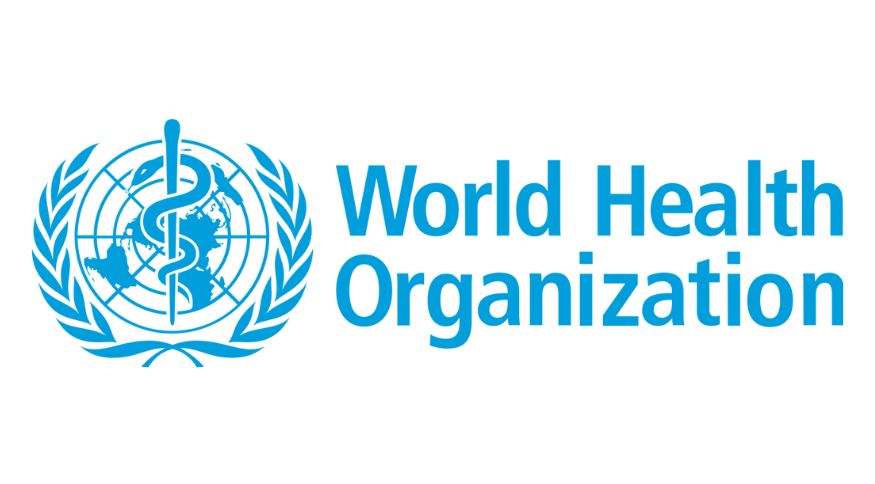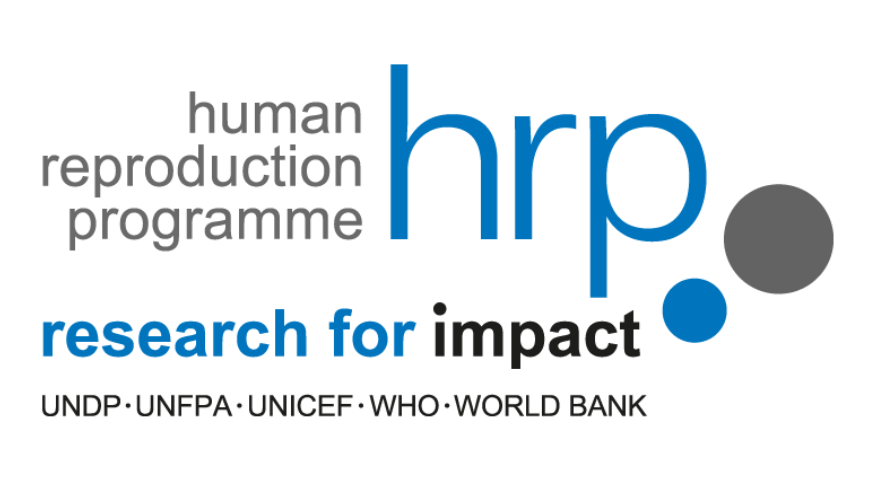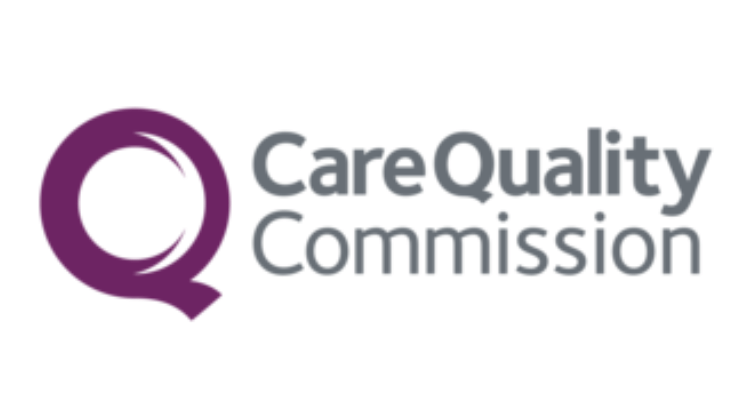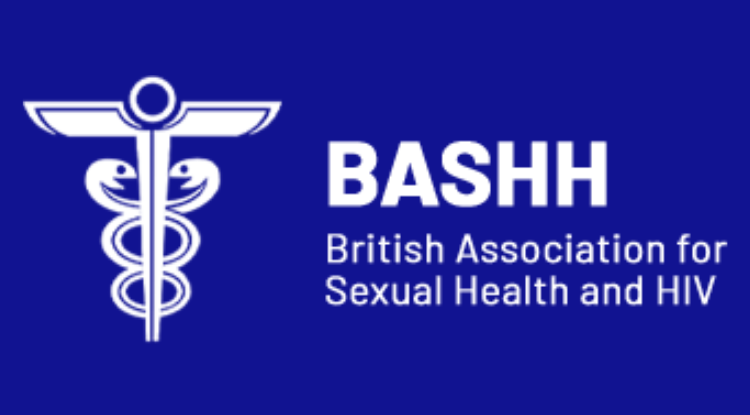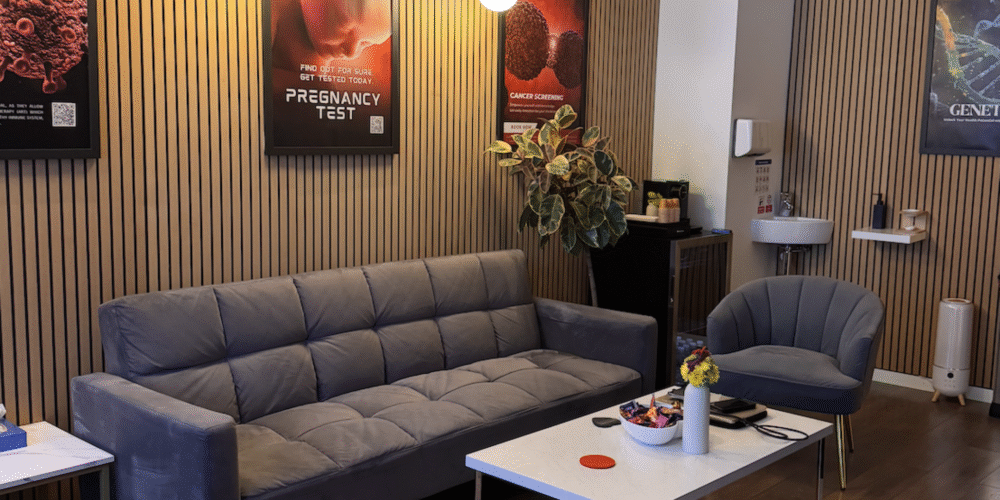
Does Having an Abortion Reduce Fertility?
Short answer: For most people, no. When abortion care is provided safely and any after-care is followed, future fertility is generally unaffected. A small risk to fertility exists only if complications like untreated womb (uterine) infection occur, which can lead to pelvic inflammatory disease (PID) and, rarely, tubal damage. nhs.uk
What the NHS says (in plain terms)
- Fertility after abortion: “Your chance of getting pregnant in the future should return to what it was before.” Ovulation can return quickly, so contraception is important if you’re not trying to conceive. nhs.uk
- Risks are low: Abortion is generally very safe; risks rise with gestational age. Possible complications include retained tissue, heavy bleeding, womb injury and infection. If infection is left untreated, there’s a small chance of PID, which can increase risks of infertility or ectopic pregnancy. nhs.uk
What the evidence and experts add
- Safety of modern abortion care: When delivered to best practice standards, morbidity and mortality are lower than those of continuing pregnancy and childbirth. RCOG
- Global perspective: WHO classifies abortion as very safe when recommended methods are used by trained providers; harms are mostly linked to unsafe care. World Health Organization
- Long-term effects: High-quality reviews find no robust evidence that safe, legal abortion causes infertility; signals of risk are mainly tied to complications (especially infection) or to later-gestation/surgical techniques, and even then, the absolute risks are low. NCBI
Key takeaway: It’s untreated infection, not the fact of having a (safe) abortion itself, that underpins the small fertility risk. Prompt diagnosis and treatment protect future fertility. nhs.uk
How soon can you conceive after an abortion?
Ovulation can return as early as 8–10 days, which is why clinicians recommend discussing contraception at the time of care if pregnancy is not desired. RCOG
When should you seek medical advice after an abortion?
Contact a clinician urgently if you have fever, worsening pain, offensive discharge, or heavy bleeding, as these can indicate infection that needs treatment to protect your health and future fertility. (See NHS abortion guidance for red-flag symptoms and after-care.) nhs.uk
How Marylebone Diagnostic Centre can help
Marylebone Diagnostic Centre does not provide abortion services. We focus on diagnostics and after-care checks to support your reproductive health:
- Post-procedure infection screen (urine, vaginal swabs, STI panels) to rule out/treat causes of PID.
- Inflammation markers and general health panels (FBC, CRP, renal/liver function) if you’re feeling unwell.
- Fertility evaluations when you’re ready to conceive:
- Semen analysis and sperm DNA fragmentation for male partners.
- Female hormone and ovarian reserve tests (AMH, FSH/LH, oestradiol, progesterone) and pre-conception screening.
All testing is delivered to the Marylebone High Standard with rapid, discreet results in central London.
FAQs
Sources & further reading
- NHS – Complications of an abortion; Recovery after an abortion. nhs.uk
- RCOG – Best practice in abortion care; Post-abortion contraception. RCOG
- WHO – Abortion fact sheet. World Health Organization
- US National Academies – Long-term health effects (methodological review of abortion outcomes). NCBI
Book a confidential check
If you’d like reassurance after a recent abortion-or you’re planning pregnancy and want to assess fertility-book a private consultation and tests at Marylebone Diagnostic Centre (Baker Street, London). Same-day appointments are often available.


